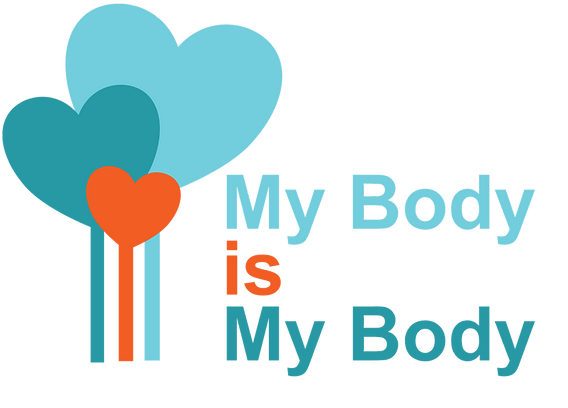Keeping my child safe on the internet

As a parent, I understand the importance of keeping my child safe on the internet. I remember the first time my son asked to use the internet on his own. I was hesitant, knowing that there are so many potential dangers out there. But at the same time, I knew that the internet could be a valuable resource for learning and staying connected. So, I sat down with him and went over some basic rules for staying safe online.
Since then, I’ve made sure to stay involved in my son’s online activities. I’ve set limits on the amount of time he can spend online and have made sure to use parental controls to block inappropriate websites. And most importantly, I’ve talked to him about the importance of keeping his personal information private and being cautious about what he clicks on and downloads.
I believe that it’s essential for parents to pay attention to their children’s online activities and take steps to protect them. Children deserve to have their parents’ attention while they’re online, just as they do in other aspects of their lives. By educating ourselves and our children about online safety, we can help create a safer and more positive online experience for everyone.
As a parent, it can be overwhelming to think about all the potential dangers your child could face online. From adult content to cyberbullying and online predators, the internet can be a scary place for kids. But by following some simple steps, you can help protect your child and give them a safer online experience.
The importance of keeping my child safe on the internet –
Use Parental Controls
Many internet service providers and devices have built-in parental controls that allow you to set limits on what your child can do online. For example, you can block certain websites or limit the amount of time your child can spend online. This can help prevent them from accidentally stumbling upon inappropriate content or being contacted by malicious individuals.
Educate Your Child About Online Safety
It’s important to educate your child about online safety from an early age. Talk to them about the importance of keeping their personal information private, such as their name, address, and phone number. Encourage them to think before they click on links or download anything online. By teaching them to be cautious and aware, you can help them make safer choices while online.
Use Strong Passwords
Make sure all of your family’s online accounts have strong passwords that are hard for others to guess. It’s also a good idea to use different passwords for different accounts. This can help prevent unauthorized access to your child’s accounts and personal information.
Use Secure Networks
When you’re using public Wi-Fi, make sure your child’s device is connected to a secure network. This will help protect their personal information from being accessed by others.
Monitor Your Child’s Online Activity
It’s a good idea to keep an eye on what your child is doing online. You can do this by using monitoring software or by simply asking them to show you what they’re doing. By staying involved in your child’s online activity, you can help keep them safe and address any potential issues.
While it may seem impossible to completely protect your child from all the dangers of the internet, following these steps can go a long way in helping to keep them safe. The internet can be a great resource for learning and staying connected, but it’s important to take steps to ensure your child’s safety.
In conclusion, protecting your child on the internet is essential for keeping them safe and ensuring they have a positive online experience. By using parental controls, educating your child about online safety, using strong passwords, connecting to secure networks, and monitoring your child’s online activity, you can help protect your child from the potential dangers of the internet.
It’s important for parents to remember that the internet can be a valuable resource for learning and staying connected, but it’s also important to take steps to ensure your child’s safety. By following these tips, you can help create a safer online environment for your child and give them the protection they deserve.
Find out more about protecting children with our Free Courses
Find out more information about Internet Safety from https://ineqe.com/





Responses